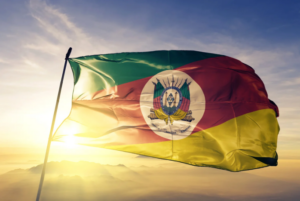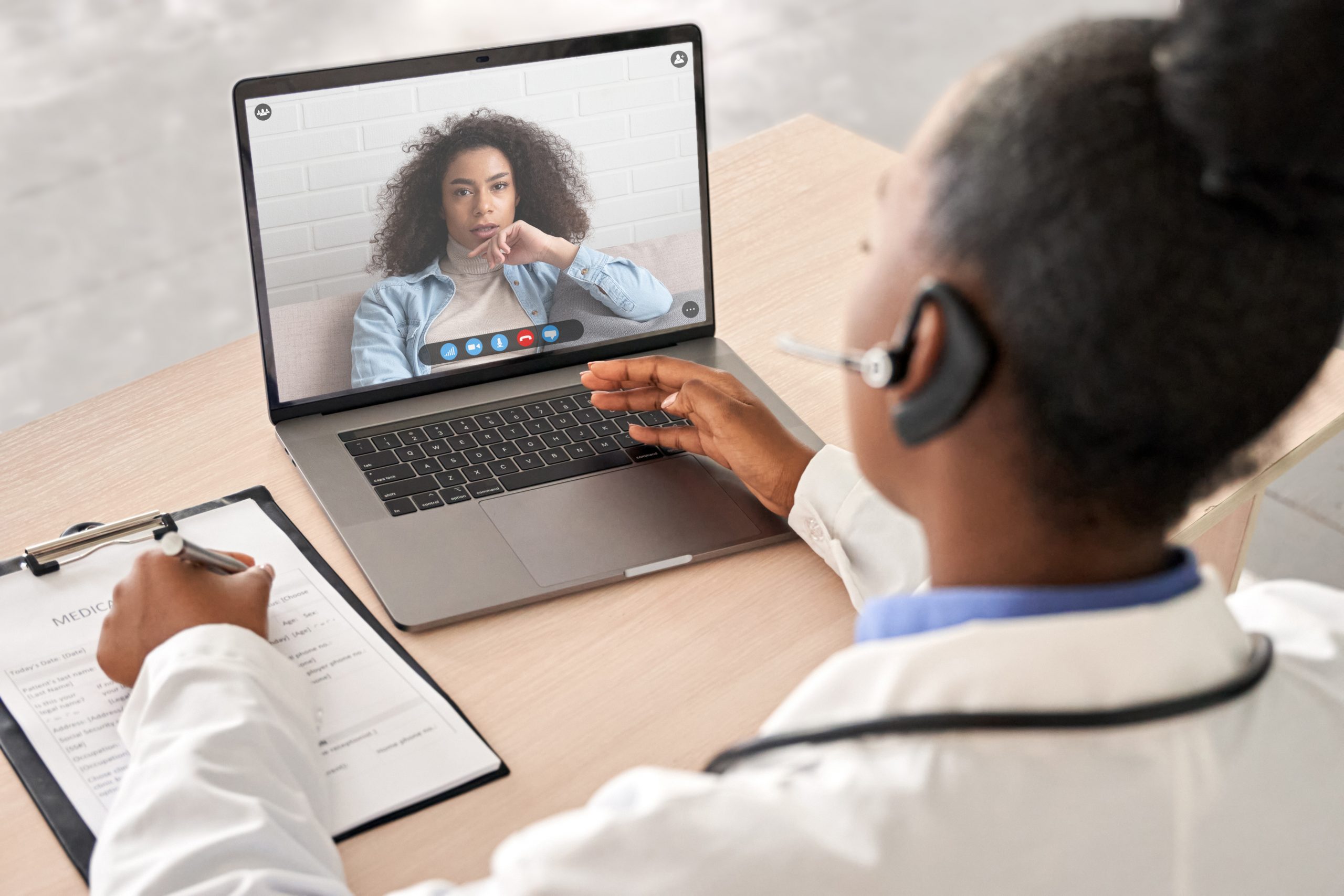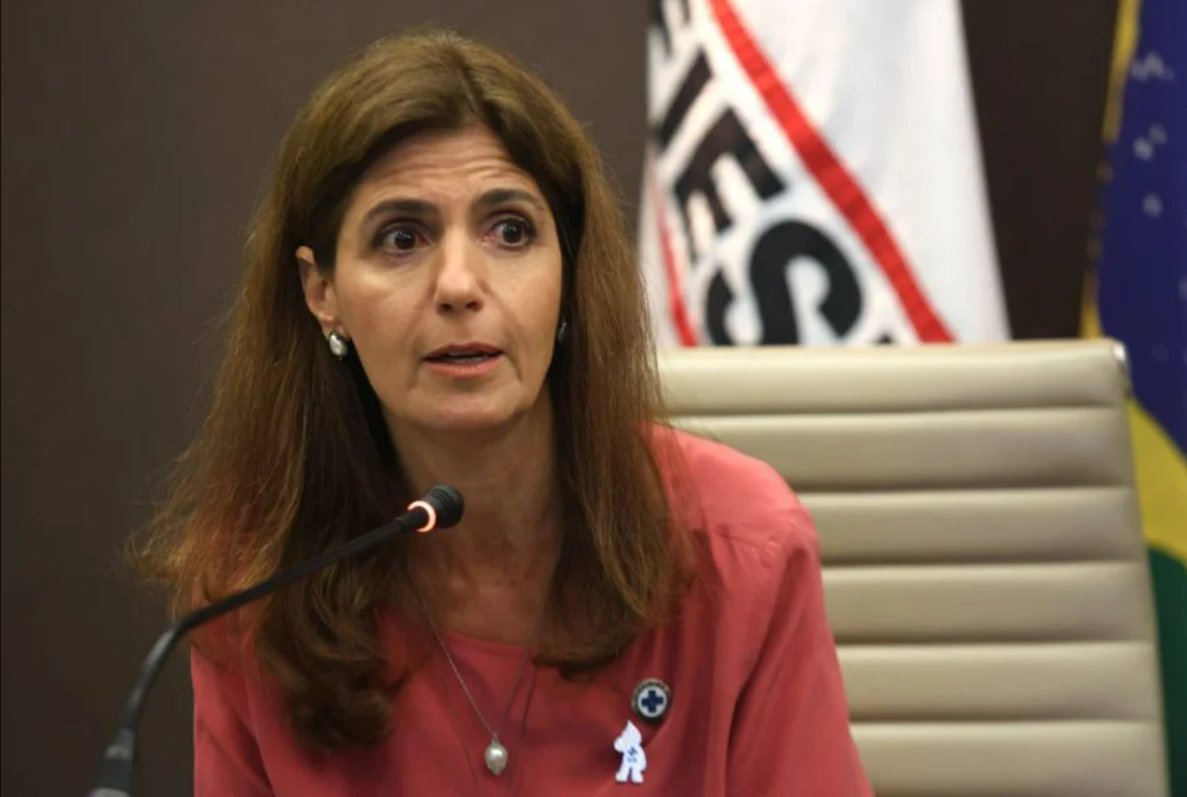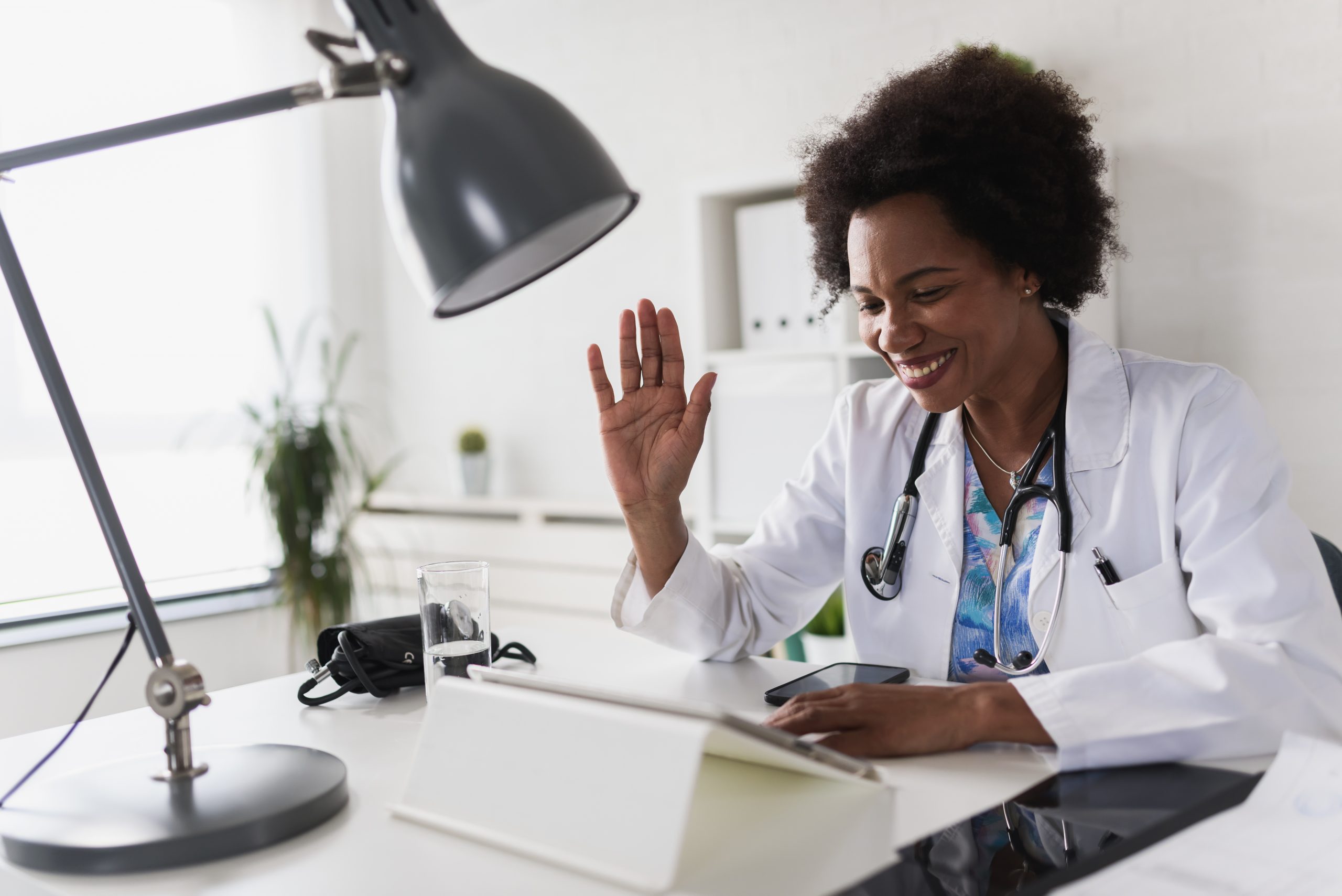Digital Health Brazil members have been mobilizing and will continue to support the state's population remotely with services and supplies

Telehealth has revolutionized access to medical care and has already demonstrated its value and leading role not only in ensuring and improving health equity, but especially in emergency situations, as was the case during the Covid-19 pandemic. There has been notable growth and progress, including from the point of view of innovation that has benefited thousands of people around the world.
Through virtual consultations, remote monitoring and e-prescriptions, patients can receive quality care without leaving their homes. This technological advancement not only facilitates the continuity of treatments, but also expands the reach of health services, promoting inclusivity and efficiency.
With the unprecedented crisis in the State of Rio Grande do Sul, in which more than two million people were affected by the floods – According to the latest Civil Defense report, there are more than 538 thousand displaced people and more than 76 thousand people in shelters – it once again reaffirms its importance.
Its ability to help reestablish access to healthcare in the State and ensure that everyone is supported despite the shortage of structural resources and even healthcare professionals has already been of great relevance and should continue to be so, given so many aggravating factors.
Exactly for this reason, companies providing telehealth services throughout Brazil, associated with Saúde Digital Brasil, have focused their efforts on facing this crisis.
The Próvida Group, which has more than 18 units in the state of Rio Grande do Sul, is making all of its telemedicine consoles and physical clinics available to help in dealing with the crisis. According to CEO Leandro Feltrin, families are in great need of support for pediatric, clinical and mental health care, and the group, in addition to using its team to provide services, is offering its structure to doctors and companies from other states that want to get involved.
Doc24 is already providing services through its telemedicine platform and medical team, and to further expand this service, it is recruiting volunteer doctors and psychologists. Health professionals interested in collaborating can register through a form: https://forms.gle/4Q2dAZymEPghrQ9m9.
H.ai is also providing care to victims. Three medical cases for telemedicine were sent to the Military Brigade Hospital in Porto Alegre, containing equipment, all digital and integrated with the company's system, which allows for the collection of up to eight different types of exams and direct access to the consultation via telemedicine. The cases will be operated by the internal team and a group of volunteer doctors and doctors from the Brigade itself will provide care. In addition to general practitioners, psychology professionals are providing care on the platform. The goal is to assess the health status of these people, identify possible cases of risk and offer psychological care at this critical time. The collected and anonymized data will be presented to the Military Brigade weekly for management and monitoring of the health of the population served.
Conexa, in partnership with Hapvida NotreDame is offering free consultations via video calls and telephone, 24 hours a day. Approximately 300 general practitioners, more than 50 pediatricians, psychologists and a nursing team will be available to assist patients when necessary. Telephone consultations, for areas without internet access, will be made by dialing 0800-8000-081, from 9 am to 6 pm, Monday through Friday. To receive video consultations, patients will need to log into the Conexa platform and register with their name, CPF and create a password. They will need to provide their email, date of birth and cell phone number. The link for the consultation will be sent via email.
Similarly, Rapidoc is also recruiting doctors and psychologists to assist victims, first responders and volunteers 24 hours a day, every day. In one day, the campaign engaged more than 2,500 health professionals. The company is collecting and delivering medicines to those in need, helping shelters and hospitals and going door to door, reaching out to people in need.
In addition, a multidisciplinary team from Grupo Fleury is working with priority to support the 600 people on its team who work in the region. On a voluntary basis, a group of employees also started an online fundraiser to raise an amount that will be used to support our colleagues in Rio Grande do Sul. Internal collection points for necessary items have also been made available. To make its action even more assertive in providing assistance to the homeless and victims, Grupo Fleury is also registering entities and shelters through a form: https://forms.gle/ateepJjBeWGcZh3cA





